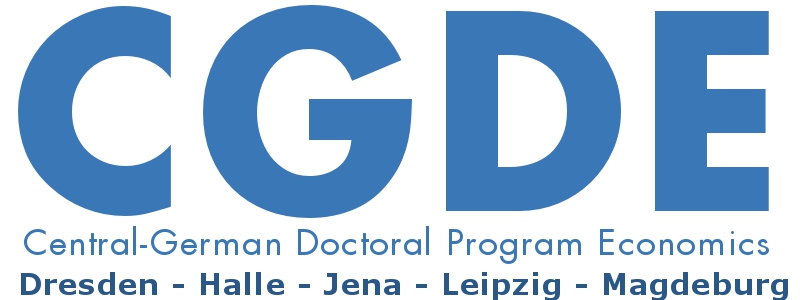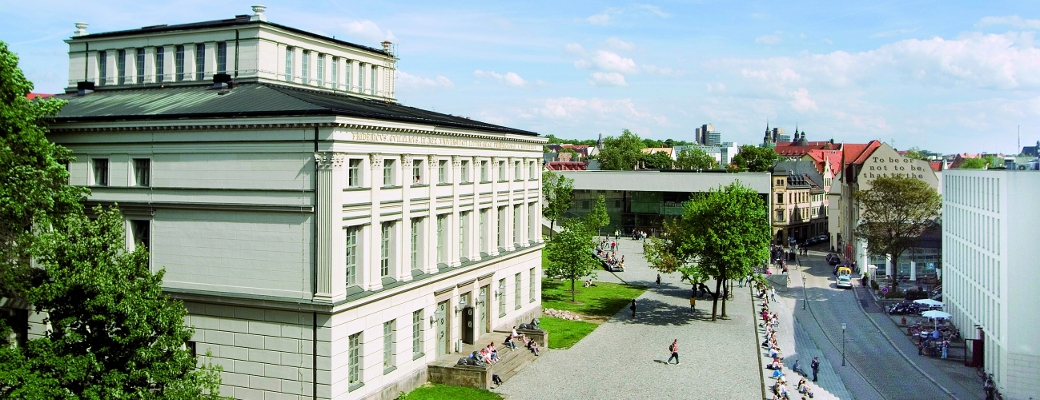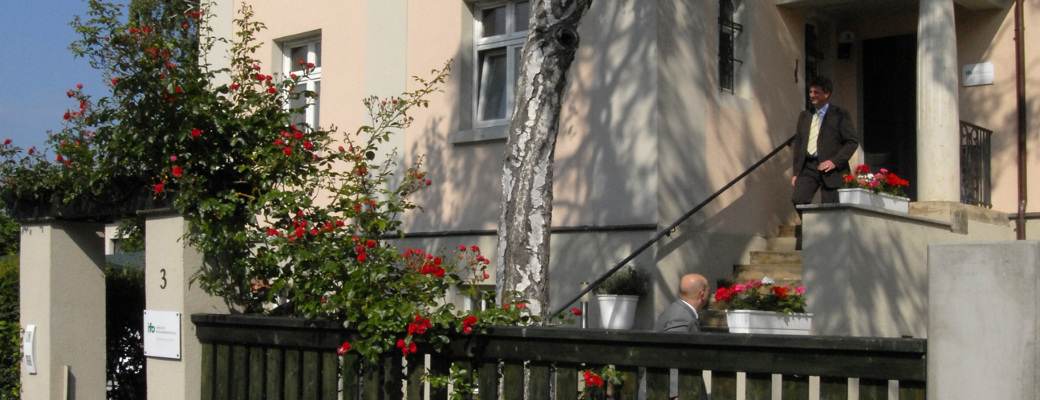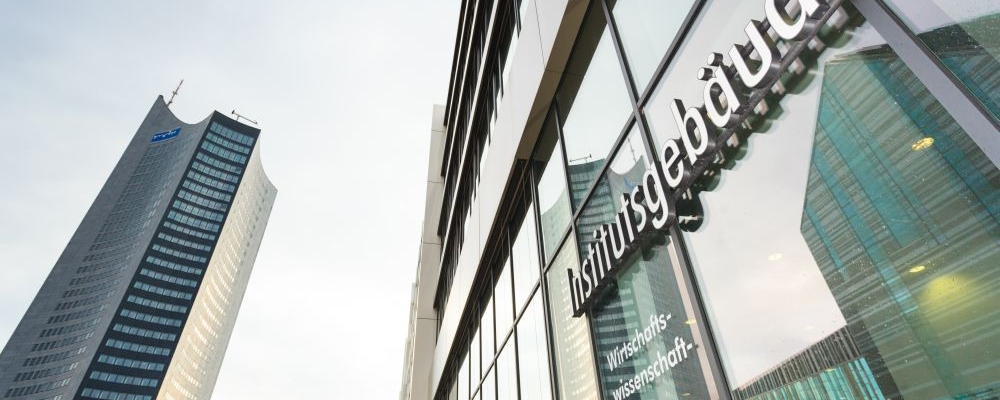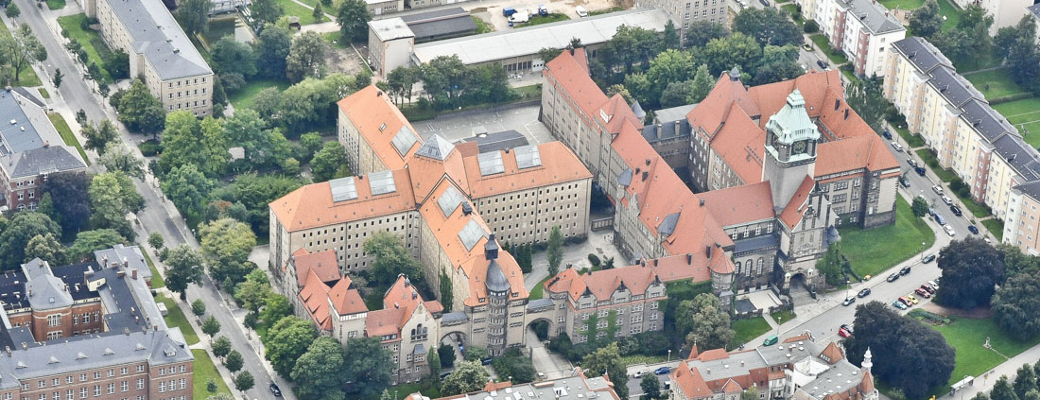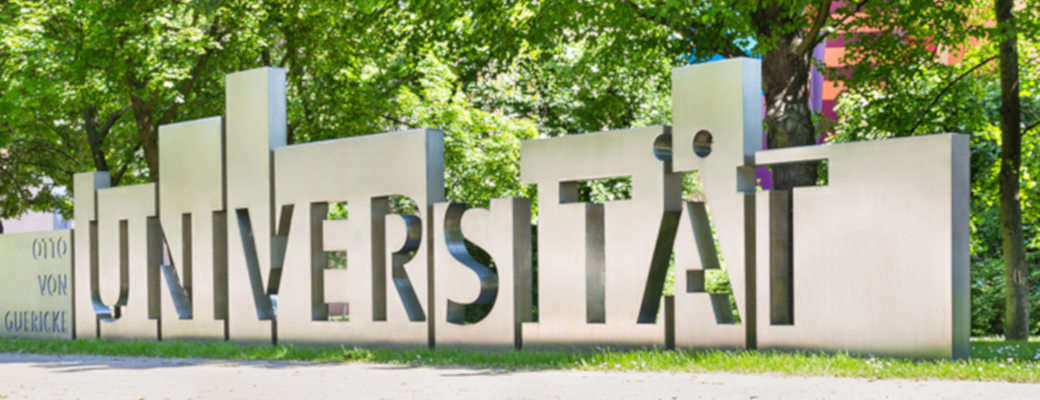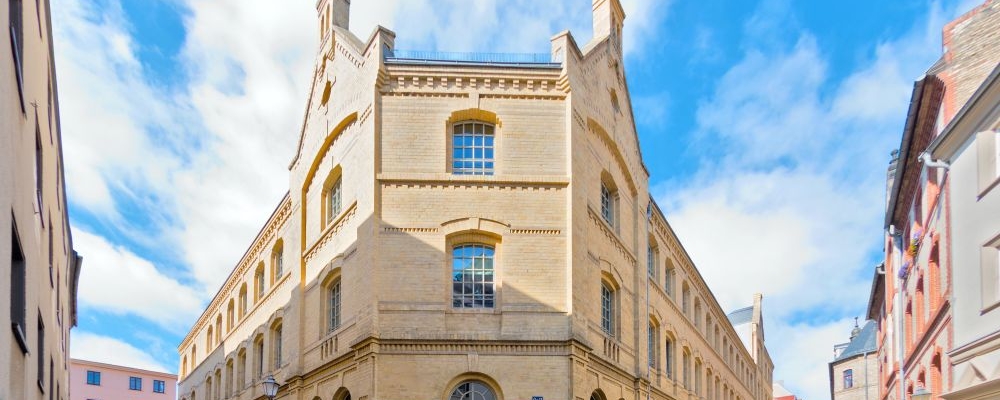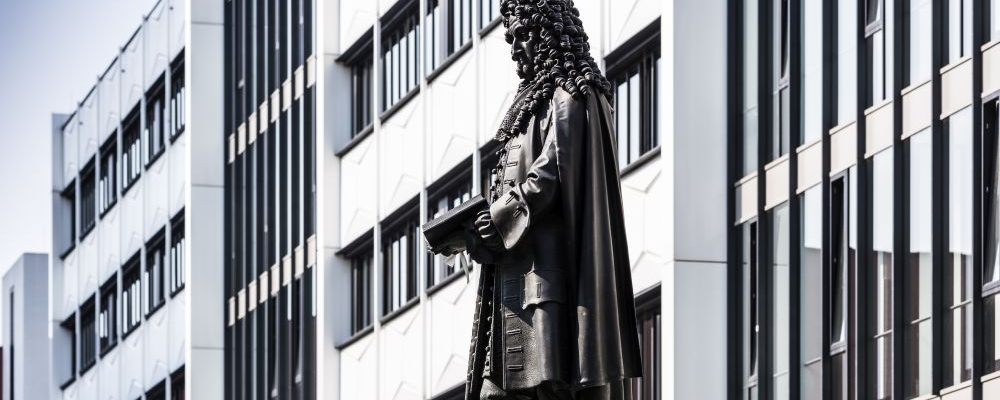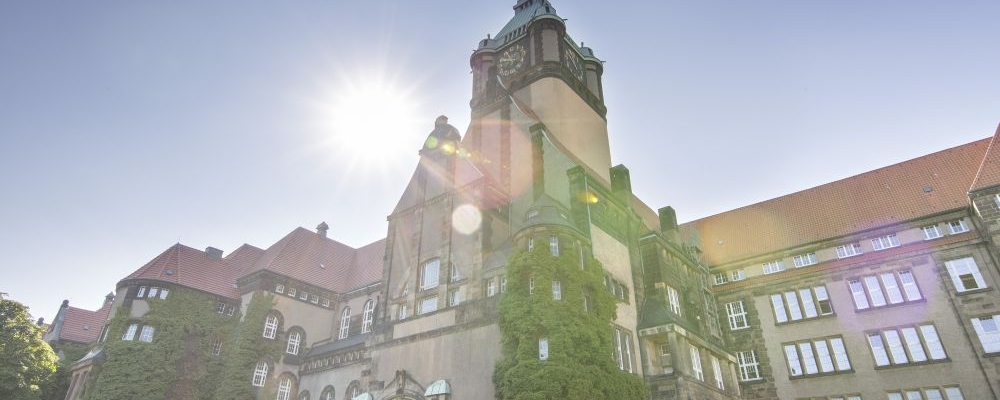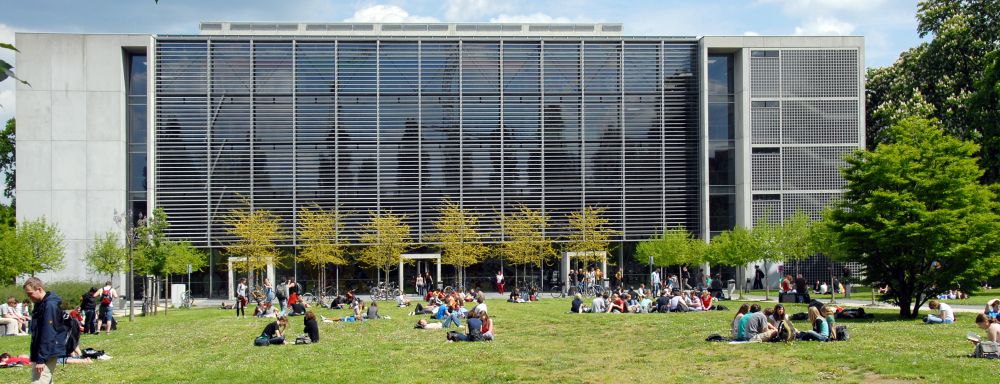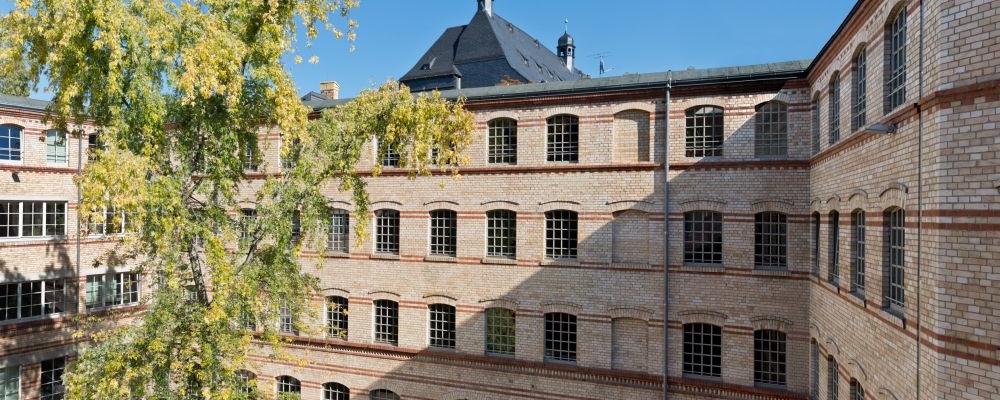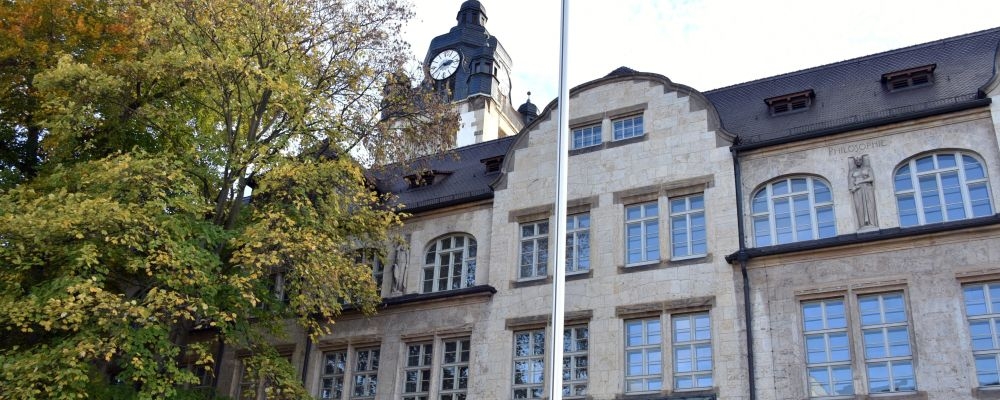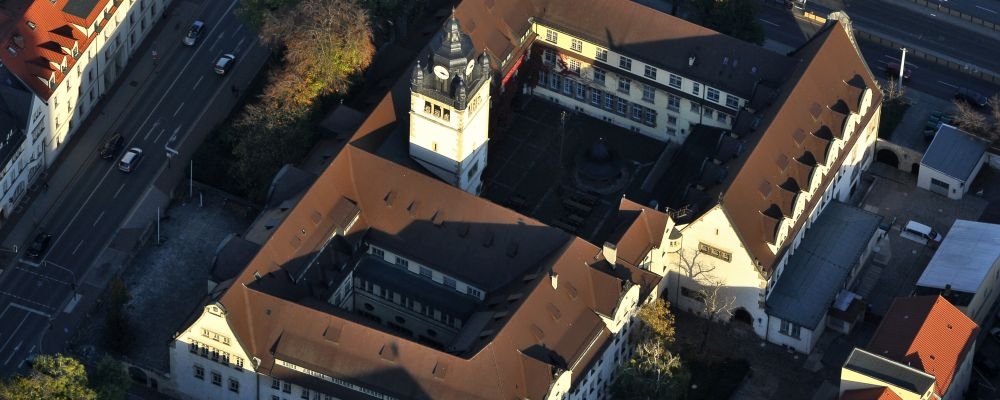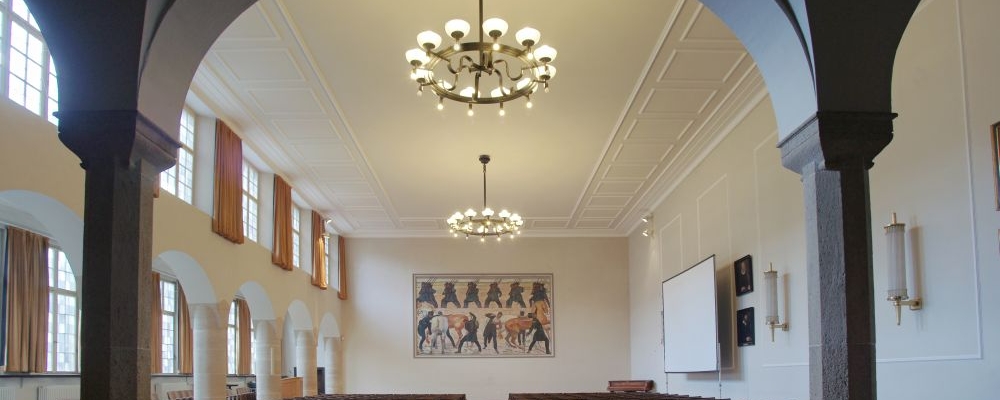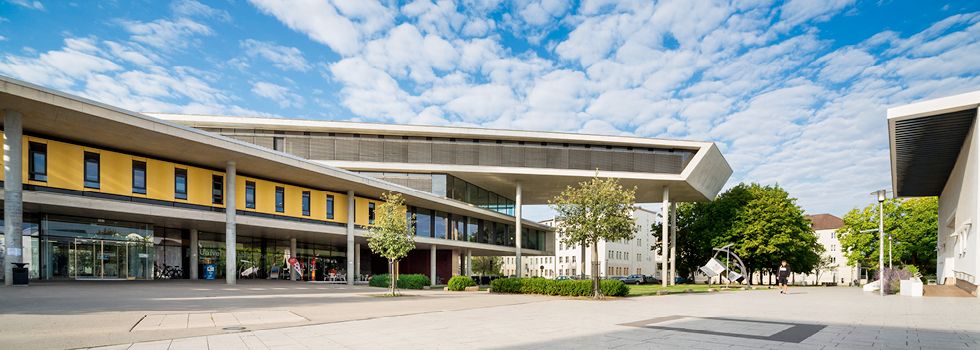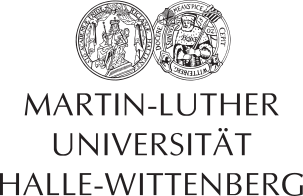Human Capital, Innovation and Growth (PhD Course)
Lecturer: Professor Dr Silke Übelmesser, (FSU Jena)
Venue: University of Jena (room to be announced); hybrid format (if demanded) for class on 8 February.
Date: January 25-27, 2022 and February 8, 2022
Registration: Please register by sending an email to silke.uebelmesser@uni-jena.de by December 01, 2021 (first come, first served), listing the paper, you plan to present and replicate (giving 1-2 reasons for your choice).
The PhD course has been moved to an online format.
Schedule:
Tuesday – 25 January 2022: 8:30-16:15
Human capital in closed and open economies
Wednesday – 26 January 2022: 8:30-14:30
Technical change, task-based model, polarization
Thursday – 27 January 2022: 8:30-14:30
Human capital, innovation and growth
Tuesday – 08 February 2022: 8:30-14:30
Presentations of papers chosen for replication
The course will be on-site in Jena if the situation allows it based on 3G: vaccinated, recovered or tested – see here for more information: FAQs about the coronavirus (uni-jena.de).
It is possible to organize the class on 8 February as a hybrid session if there is demand.
Course outline:
In this course, we will focus on skilled human capital and its relation with innovation and growth.
Topics include:
Human capital investment in closed and open economies; language as a special type of human capital; effect of technical progress (digitization) on skill composition; tendencies of polarization on the labor market; role of human capital for innovation and growth
The purpose is to make students familiar with important contributions and identify current topics.
Requirements for passing the course
Part I: Group work (20% of final grade):
- Students have to participate in a group work and make a group presentation. Allocation of topics will be before Christmas; presentations will be during class on 26 and 27 January.
Part II: Replication study (80% of final grade):
Students are required to replicate the main parts of an empirical paper on the course’s topics (in a broad sense).
- Presentation of the paper (20% of final grade):
Students should select a suitable paper before the course and present this paper as well as their ideas about the replication during class on 8 February. - Replication (60% of final grade):
Students have to submit a paper (some weeks after the course) describing the replication exercise. Further details will be provided during the course.
[If you are not familiar with quantitative or qualitative methods needed for a replication study, there might be other options for Part II. In this case, please get in touch with me.]
All parts have to be passed.
